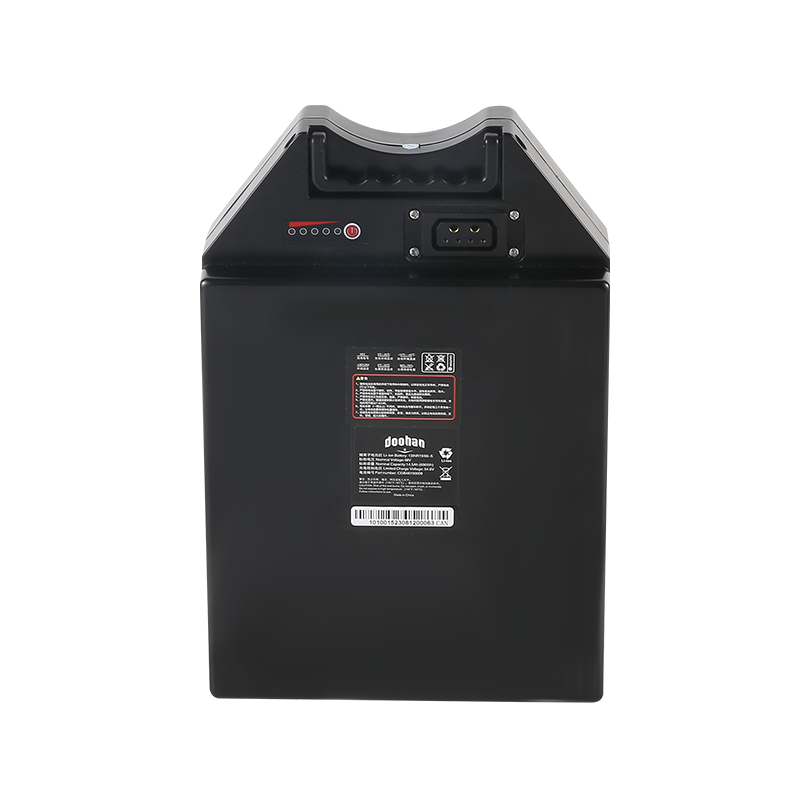Web Menu
Product Search
Exit Menu
Home / News / Industry News / Powering The Future: The Role Of Electric Vehicle Batteries And Energy Storage Batteries
Powering The Future: The Role Of Electric Vehicle Batteries And Energy Storage Batteries
Feb-09-2024
In today's rapidly evolving world, electric vehicles (EVs) and energy storage systems are becoming increasingly essential in our quest for a sustainable future. Understanding the importance of electric vehicle batteries and energy storage batteries is critical to unlocking the potential of renewable energy sources and reducing our dependency fossil fuels. We will delves into the significance and functionality of these key components, aiming to shed light on their role in shaping the energy landscape of tomorrow.
The Rise of Electric Vehicle Batteries:
Electric vehicle batteries at the forefront of an eco-friendly transportation revolution. These rechargeable batteries enable EVs to drive emission-free, reducing greenhouse gas emissions and combating air pollution. Electric vehicle batteries store electrical energy, which powers the vehicle and replaces traditional internal combustion engines. By harnessing electricity, electric vehicles reduce our reliance on fossil fuels, making them a vital part of the ongoing efforts to combat climate change.
The Mechanics and Advancements of EV Batteries:
Electric vehicle batteries commonly use lithium-ion technology due to their high energy density, long cycle life, and lightweight nature. These batteries store electrical energy in chemical form, allowing it to be released as electricity when needed. Researchers are continuously pushing the boundaries of EV batteries, aiming to improve their performance, efficiency, and charging speeds. Future innovations, such as solid-state batteries, could revolutionize the automotive industry, providing even greater energy storage capacities and faster charging times.
Energy Storage Batteries: Enabling a Flexible Grid:
Energy storage batteries play a crucial role beyond powering electric vehicles. They are instrumental in balancing the intermittent nature of renewable energy sources, such as solar and wind power. storing excess energy during periods of low demand and releasing it during high demand, energy storage batteries allow for a more stable and reliable grid. This aids in reducing reliance on traditional power plants, contributing to a cleaner and more sustainable energy mix.
Benefits and Applications of Energy Storage Batteries:
Energy storage batteries have numerous applications in addition to grid stabilization. They are increasingly being adopted for residential, commercial, and industrial purposes. Residential energy storage solutions enable homeowners to store excess energy generated from solar panels and utilize it during peak hours or in case of power outages. Similarly, large-scale energy storage systems benefit industries by providing backup power, reducing demand charges, and enabling smoother integration of renewable energy sources into the grid.
Challenges and Future Outlook:
While electric vehicle and energy storage technologies have made significant strides, challenges still exist. Affordability, lifespan, and environmental impact are factors that researchers are actively working on to improve. Additionally, scaling up manufacturing processes and expanding infrastructure are necessary for their widespread adoption. However, with the increase in global commitments to combat climate change, the future looks promising for these technologies, with significant investments and policy support driving their growth.
Electric vehicle batteries and energy storage batteries are the cornerstones of our transition to a sustainable and renewable energy future. The rise of electric vehicles not only reduces dependence on fossil fuels but also improves air quality and mitigates climate change. Energy storage batteries, on the other hand, enable the efficient utilization of intermittent renewable energy sources, ensuring a reliable and stable grid. As the world moves towards a cleaner energy landscape, continued research and innovation are essential to unlock the full potential of these technologies, paving the way for a brighter and greener tomorrow.
PREV:Unveiling The Promising Future Of Power Electric Motorcycle BatteryNEXT:Introducing The Application Of The Revolutionary Portable Equipment Battery
Leave Your Message
Products
Contact Us
-

+86-13049701086
-

Stonehuang@CGONEN.com
-

No.88, Huji Road, Taizhou Bay Binhai New Area, Jiaojiang District, Taizhou City, Zhejiang Province, China











